While our family attend a local Climate Summit for youth, I want to leave you with this poem in honor of Earth Day.
Environmental Awareness: The Right Whale The whale was known as right because it was magnificent with oil, slow and easy to find and slaughter, floating even when dead. But after it was no longer needed for fat, men still hunted the whale for its rich mouth of baleen, harvested for hairbrushes, buggy whips, umbrella ribs, the stays of corsets – vain things designed to mold the female body, sculpt a waist so small a man's hands could meet with ease around it. Crazy, the girls agree, the way those women bought it.
Share your favorite Earth Day poem below.

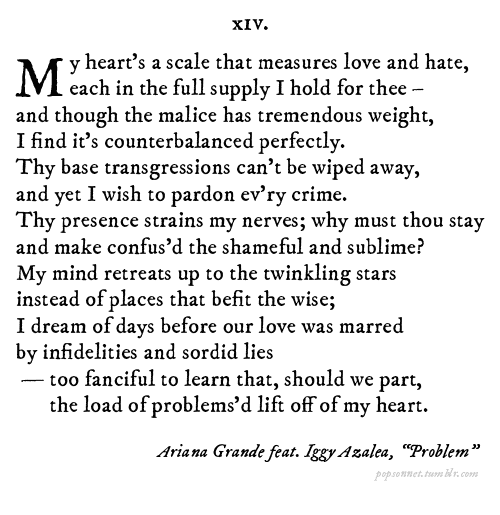
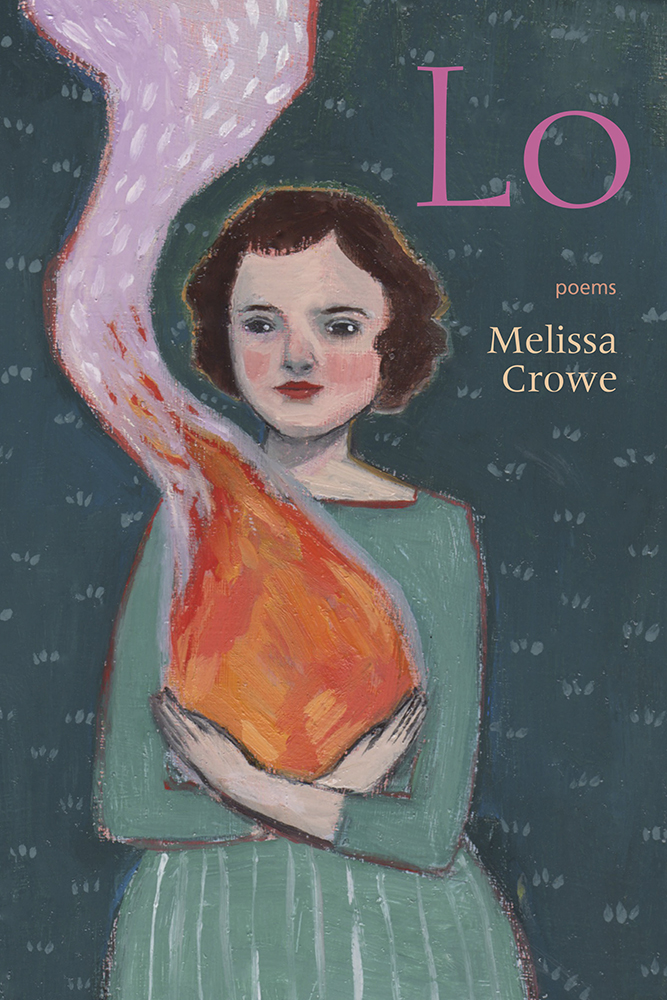
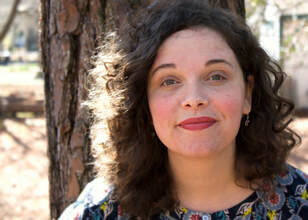 About the Poet:
About the Poet: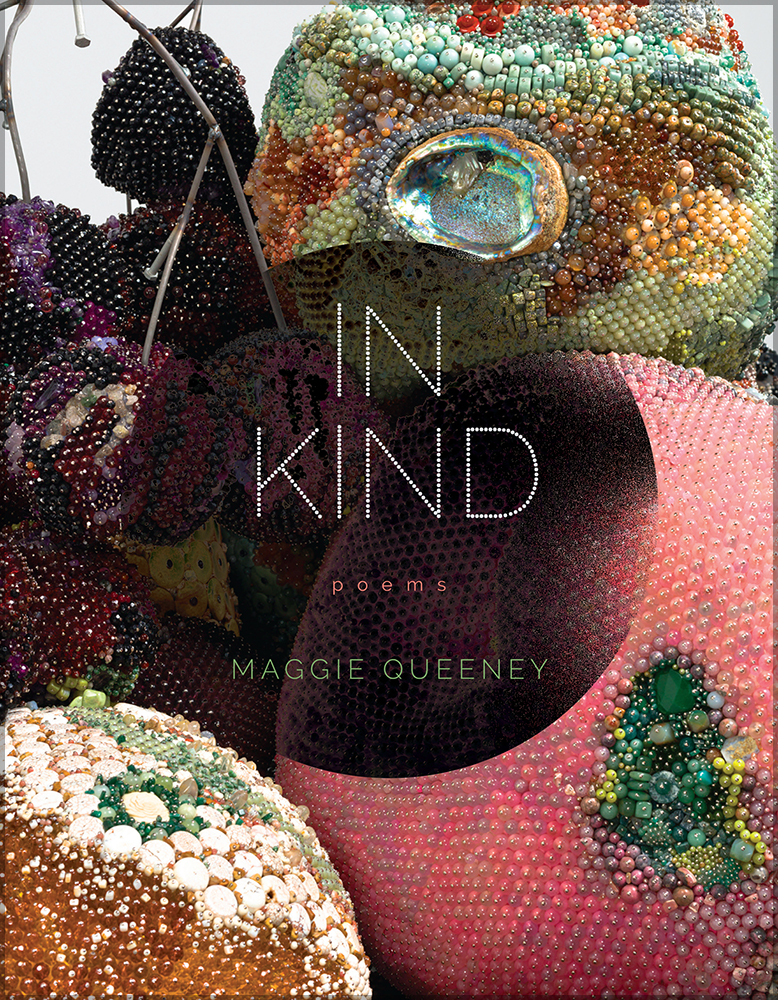
 About the Poet:
About the Poet:
 About the Poet:
About the Poet:

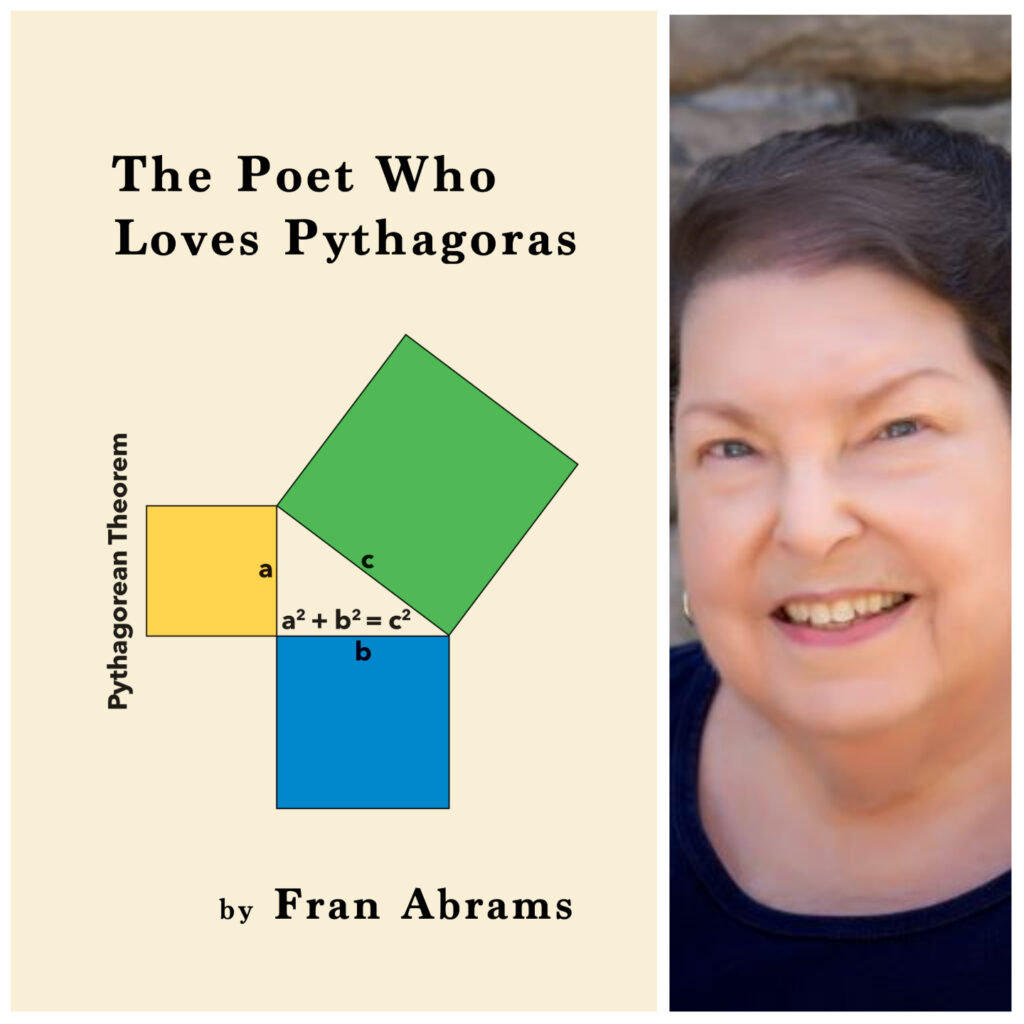
 About the Poet:
About the Poet:
 About the Author:
About the Author:






